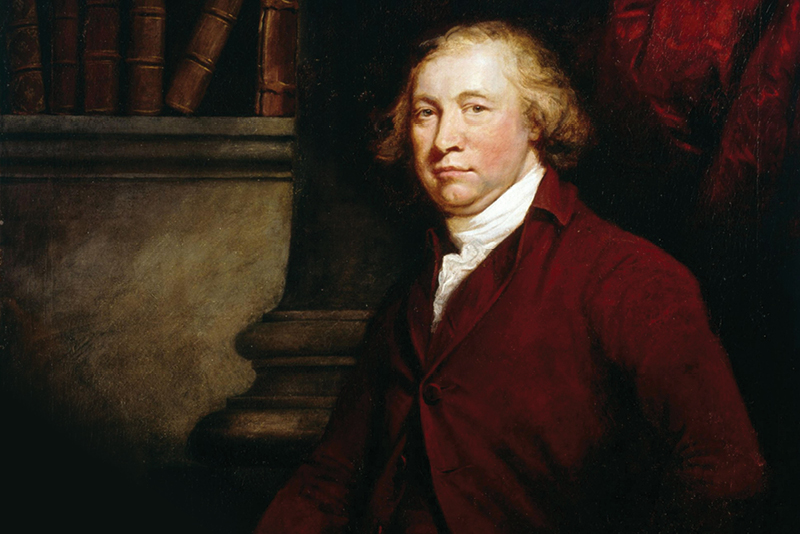Conservatism

CONSERVATISM/HNRC 4013H (003)
THURSDAYS, 2-4:50 p.m., SPRING 2021
GEAR 243
The deadline to apply to our spring 2021 courses (via this application form) is 11:59 p.m. Friday, October 30, 2020.
Conservative political thought has a long and influential history, but it receives relatively little serious attention on college campuses. This neglect is a disservice to students inclined toward liberal and progressive views because they too often critique a caricature of conservatism, which undermines the strength and clarity of their own political thinking. But this neglect is also a disservice to students inclined toward conservative views, who, lacking an understanding of the traditions and diversity of conservative thought, often develop a shallow version of conservatism that is little more than being contrary to liberals. This course attempts to remedy these problems by reviewing the history and defining characteristics of conservatism, as well as how that political philosophy can be applied to current issues and political controversies. Our goal is not to adjudicate whether conservative views are right or wrong. Instead, we will attempt to understand how conservatives think.
Our readings will describe how conservatism arose in opposition to the universal claims of a series of political movements, culminating in the French Revolution. We will also review the role conservative thinking played in the American founding and then jump ahead to the various strains of conservative thought that emerged in the U.S. following the Second World War. We will apply those strains of conservative thought to contemporary issues, such as the scope of government authority, taxation, trade, sexual and moral regulation, welfare, healthcare, education, the environment and foreign policy.
Course Credit:
- All students: 3 hours of honors credit
- Fulbright College:
- Honors Humanities or Social Science Colloquium
- Walton College: Honors Colloquium
About Jay Greene: 
Jay P. Greene is Distinguished Professor and Chair of the Department of Education Reform at the University of Arkansas. Greene's current areas of research interest include school choice, culturally enriching field trips, and the effect of schools on non-cognitive and civic values.
Greene's work has been published in journals from a diverse set of disciplines, including education (Educational Researcher), sociology (Sociology of Education), public policy (Education Finance and Policy), psychology (Psychology of Music), political science (British Journal of Political Science), and economics (Economics of Education Review). He has also written or edited four books, the latest of which explores the issue of religious liberty in education. His research on school choice was cited four times in the Supreme Court's opinions in the landmark Zelman v. Simmons-Harris case.
Greene has been a professor of government at the University of Texas at Austin and the University of Houston. He received his B.A. in history from Tufts University and his Ph.D. from the Government Department at Harvard University.